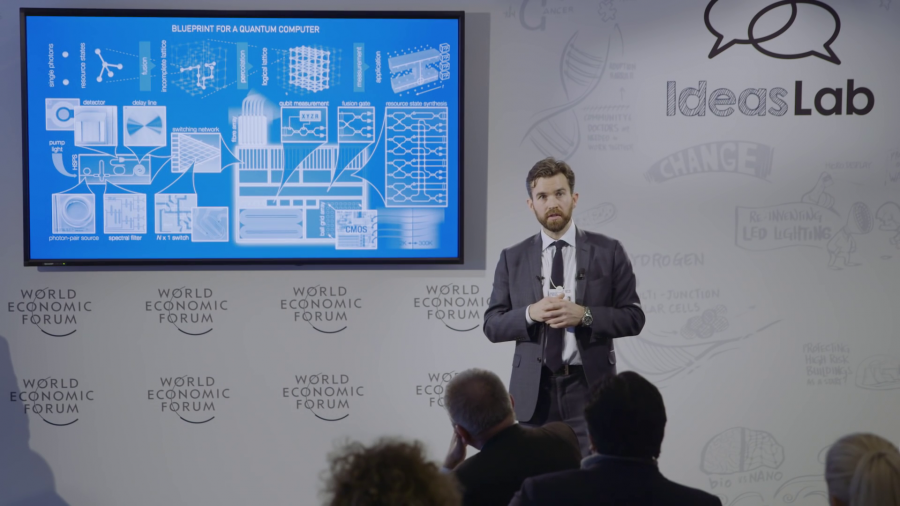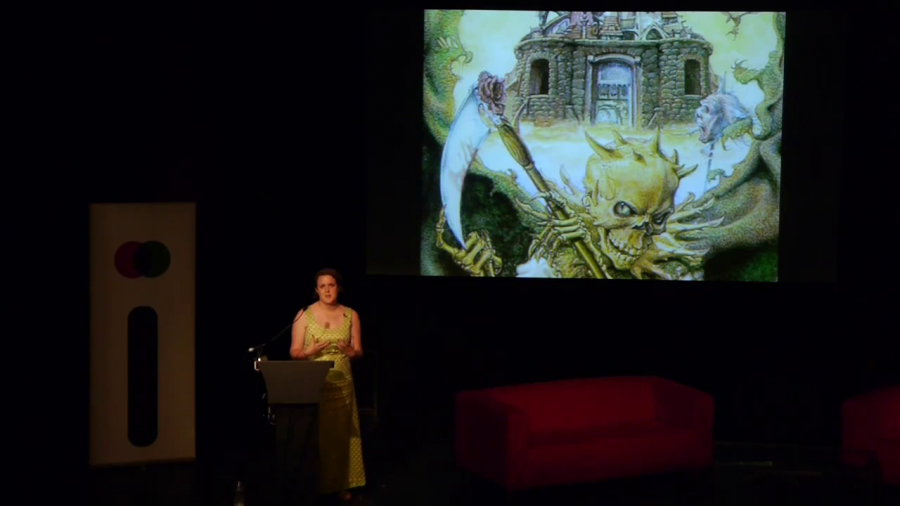From vast data centers to mobile phones, the power of computers continues to transform our lives. But there are some problems across artificial intelligence, in the design of new materials, pharmaceuticals, and clean energy devices that they will simply never solve. So even if we turned our entire planet into a giant supercomputer we wouldn’t be able to solve these and many other important problems. The good news is that if we could build a computing device based on fundamental quantum principles, we could.
Archive (Page 3 of 3)
What has redeemed the faith community throughout the centuries of history has been that there has always been a sector of the faith that has not sold out, that has recalled the genuine moral and ethical values of that faith and its tradition, and has renewed that, and therefore moved the agenda into the future, that is moral and ethical and just.
Historically, there have been all of these moments, moments of social turmoil where people have come together and they have questioned a lot of the common sense of their eras and they’ve torn it to bits. And the result has been kind of…truths, like new truths that become common sense later.
Food has always been tightly intertwined with culture and identity. As a result, it’s also been a common target of colonialism. Colonizers understood that by wiping out people’s food traditions, it would be easier to wipe out their origins, their identity, and their history. This kind of trend isn’t only in the past, though. In many areas of the world, dietary habits are changing, food inequality is rife, and somehow both obesity and hunger are on the rise on a global scale.
In this episode, we’ll take a broad understanding of the term “technology” and look at how processed and techniques have affected the way in which societal benefits from certain types of seeds have spread across the world, from indigenous knowledges, to biotechnology, and patenting and privatization of seeds.


